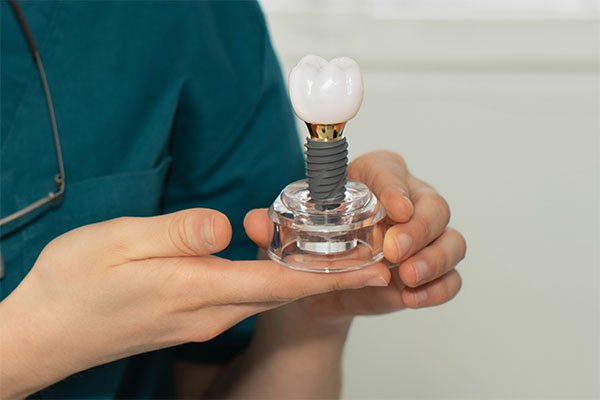Five Things You Need to Know About Cavities

Cavities are caused by bacteria that live in the mouth creating acids that damage teeth structures. These acids are a waste product of the bacteria feasting on the sugars in food particles left in the mouth after meals. They form a sticky film called plaque, which gives you that mushy feeling in your mouth when you wake up in the morning or after a nap.
Tooth decay always starts as a small cavity that can barely be detected, but over time, the hole will expand until it reaches a tooth’s inner layers, making it vulnerable to infection.
Important things you should know about cavities
Let us take a close look at some important things you should know about cavities:
1. Cavities are a type of bacterial infection
As we mentioned earlier, cavities are caused by acids made by oral bacteria that feed on sugars in the mouth. These acids eat away at teeth enamel, eventually forming small holes called cavities. The streptococcus mutans bacteria strain is responsible for most of the acids that damage teeth, but other types of bacteria also play a role.
The small hole that forms on a tooth makes it harder to clean. It also provides an ideal place for food particles to be trapped. Bacteria in the mouth use the food source to make acids, expanding the cavity. Bacteria also build a biofilm in the mouth called plaque, which contains bacteria and the acids they make. Over time, plaque on teeth turns into tartar, which can only be removed with a scaler during teeth cleaning.
2. Teeth are constantly attacked by acids
A person’s teeth are constantly being attacked by acids that can damage them. The acid concentration in the mouth goes up after meals, and teeth begin to deteriorate once it goes lower than a pH level of 5.5. Constantly snacking or sipping on sugary beverages keeps the pH level in the mouth low throughout the day, increasing their risk of tooth decay.
3. You can spread cavities
Just as is the case with dental infections, cavities can be transferred from person to person. Sure, you cannot transfer cavities directly, but the bacteria that cause them can be transferred. Dentists recommend not sharing things that go in your mouth like a toothbrush or cutlery.
4. Cavities are easy to prevent
Simple things like good oral hygiene can help to prevent cavities. Procedures like fluoride treatments can be used to re-mineralize teeth, protecting them against decay for up to six months. Dental sealants are another preventative procedure that effectively prevents tooth decay.
5. Most cavities do not cause toothaches
The early stage of tooth decay does not cause toothaches, making it harder to detect. It is typically too late to reverse a cavity with a fluoride treatment by the time it causes pain. Fillings or other restorations might be needed to fix the tooth.
Put tooth decay behind you
Dealing with some cavities? Give us a call or visit our Brooklyn clinic to learn more about preventing and treating tooth decay.
Request an appointment here: https://www.gardendentalartsny.com or call Garden Dental Arts at (718) 416-6367 for an appointment in our Brooklyn office.
Check out what others are saying about our dental services on Yelp: Cavities in Brooklyn, NY.
Recent Posts
Deep teeth cleaning involves pulling back your gum tissues so tartar and plaque can be removed from gum pockets. The treatment also includes removing tartar from teeth surfaces and polishing teeth roots so that it is harder for bacteria to stick to them.When left untreated, gum disease is a serious dental issue that can lead…
For many patients, a dental deep cleaning is necessary at some point in their lives. However, there is often confusion regarding this treatment and how it differs from a typical cleaning. The following details what a deep cleaning is and why it is vital. A dental deep cleaning, often referred to as periodontal scaling and root…
You know that a dental exam is a normal part of an oral hygiene routine. You are not sure how often you should get one, though. The duration between appointments depends on different factors. Get the details so you will know how often to visit the dentist.Dentists typically recommend an appointment schedule after examining patients.…
Fixing a broken tooth right away is important. This dental damage may seem like nothing more than a cosmetic problem, but it can lead to terrible consequences. Seeing a dentist sooner rather than later can provide immediate relief. If you want to find out the treatments for a broken tooth and its complications, here are…


